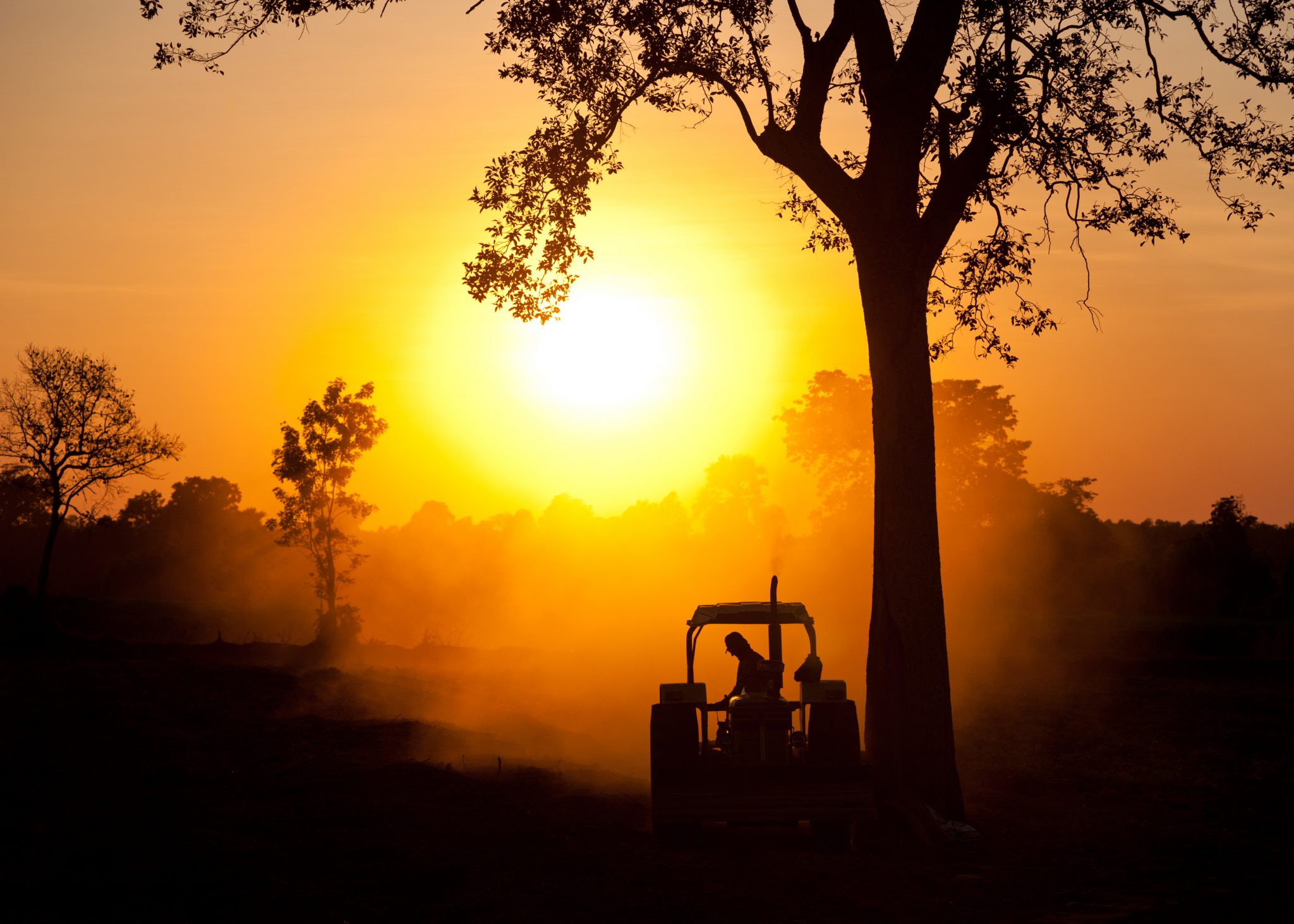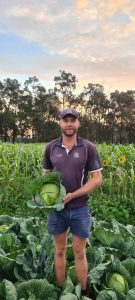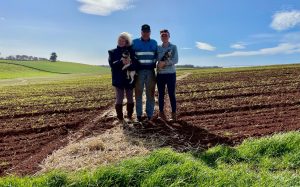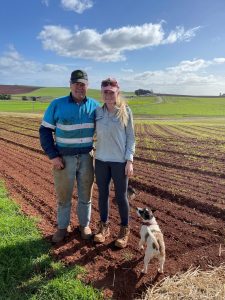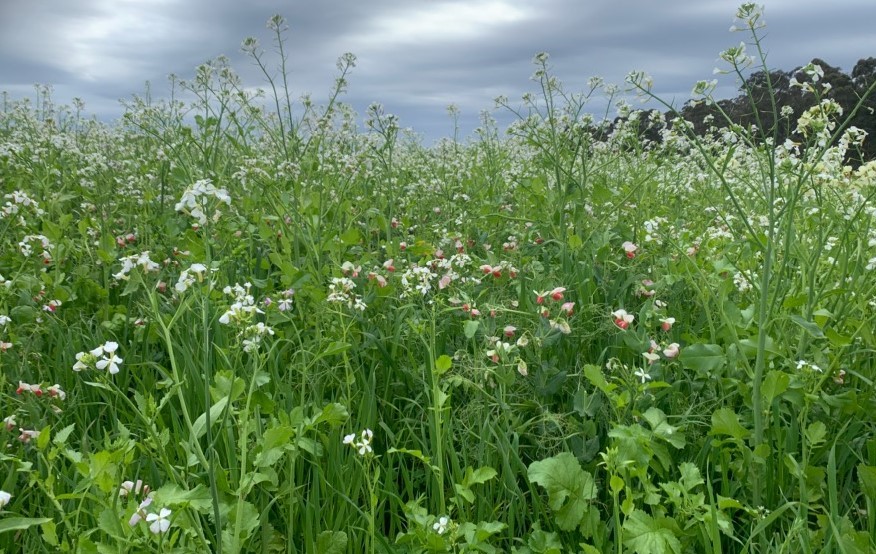
Single or mixed cover crops – what’s the best fit for vegetable production?
24 November 2021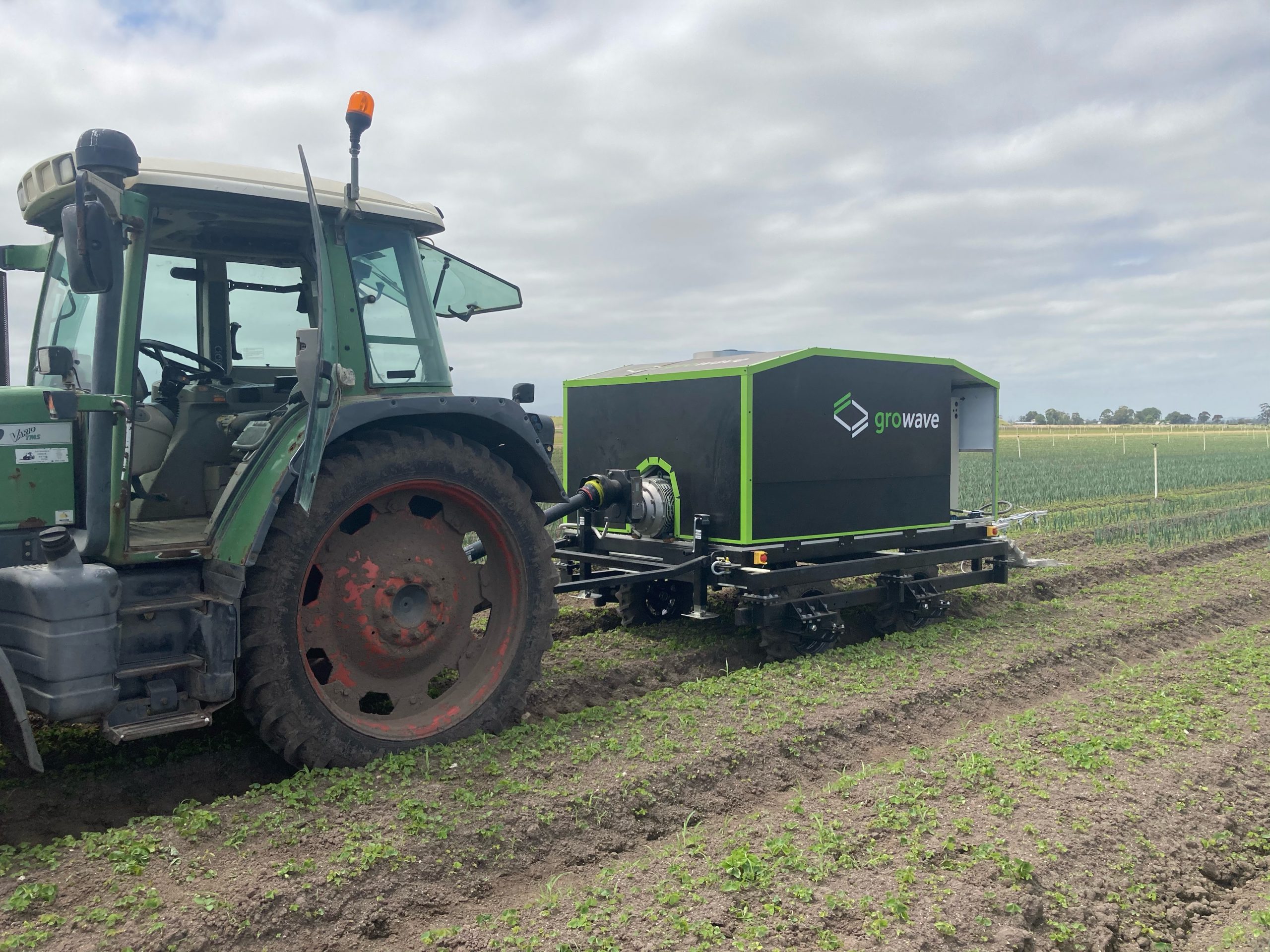
Sustainable farming practices put to the test at demonstration sites
25 November 2021In September 2021, two members of the AUSVEG-led EnviroVeg Program were acknowledged for their implementation of climate positive practices and the ecosystem benefits on-farm. Western Australian mixed cropping/livestock producer Jake Ryan and Sharni & Shane Radford from north-west Tasmania were among those honoured, with nominees named from right across the globe.
Corteva Agriscience’s 2021 Climate Positive Leaders Program is a nomination-based farmer and rancher recognition program designed to uplift the voices of early adopter producers around the world who are implementing, scaling and sharing climate positive practices.
Launched in March 2021, the program will amplify their successful experiences with the intention of accelerating the broad adoption of those practices where applicable.
Farmers who met the program criteria were nominated by regional third-party groups including grower groups, nonprofits, universities or other technology assistance partners.
A panel of industry-leading judges completed an anonymous review of the farmer applications and confirmed the winner and runner up producers.
The program focused on growers in the U.S.A., Canada (except Quebec Province), Brazil, Argentina, Germany, France, Australia, and Kenya.
Australians recognised
Jake Ryan, winner
Jake Ryan received the Australian Climate Positive Leaders Program award. Alongside his parents Gary and Tracey, Jake runs The Three Ryans – a mixed cropping/livestock operation in Manjimup, Western Australia. The operation uses holistic grazing, minimal tillage, cover cropping, and mineral nutrition to produce a wide variety of winter vegetables; cereal and oilseed commodity crops; ewes for wool and lamb production; first cross Angus Friesian heifers; and pasture-raised laying hens.
Jake has implemented a strip-tilling and cover crop process for his vegetable crops, ensuring there is a living root feeding carbon into the soil and stimulating soil microbes. Acres are rotated with one year of vegetable production, followed by four years of pasture production for livestock and soil regeneration. Cover crops are planted on the entire operation to improve soil, then are grazed or cut for silage.
Further practices
In addition to traditional cover crops, Jake has recently begun intercropping with flowering cover crops to increase the population of beneficial insects and reduce the number of predatory insects that are damaging to crops and livestock. With the adoption of holistic grazing and a focus on mineral nutrition and tracking minerals proportions, he has been able to dramatically reduce the need for nitrogen base fertilisers from the pasture/cover/vegetable crops as well as reducing the phosphorous requirements. Profits have increased consistently five to 10 per cent annually.
Jake says the Climate Positive Leaders Program will help him to communicate to other farmers that climate positive practices are for the betterment of agriculture and the environment.
“Farmers learn best from other farmers, especially when they can see the results in-person. Through this program, I will help demonstrate to other farmers that regenerative practices not only will improve their land but increase productivity and lead to potential financial gains,” he says.
Sharni and Shane Radford, runner-up
Sharni and Shane Radford from Moriarty is Tasmania’s north-west were named as a runner-up in the Australian awards. The pair – along with their daughter Caitlin – produces potatoes, onions, carrots, green beans, broccoli, wheat, grass seed, hay, prime lambs, and beef cattle, and apply numerous practices to retain water and prevent run-off in hilly terrain.
As soon as crops are harvested, natural grasses and other cover crops are planted for the 90-day period between cropping to improve soil structure, build organic matter, improve microbial activity, and reduce compaction. Wheat straw is also used in run-off vulnerable locations to reduce soil erosion.
These practices have increased crop yield as well as improved on-farm biodiversity and support for coastal water quality preservation. The Radfords have made a long-term commitment to the conservation of area birds, specifically the ground nesting Swamp Harriers that offer natural pest management. Water quality is monitored to protect the frog and eel populations. Leveraging livestock manure to increase dung beetle populations has also increased soil fertility and moisture retention.
“Climate positive is about thinking differently, focusing on managing the farm so that it can be productive for future generations. The Climate Positive Leaders Program will help us to continue improving the health of our soils with new methods and technologies as they emerge,” Sharni says.
Having a voice
Winners – including Jake Ryan – will receive a global platform to share their experience and advocate for climate positive practices. They will also engage with a strong network of other early adopters and leaders in agriculture.
Other opportunities include:
- An expenses-paid international trip, lifetime membership and other benefits with the Global Farmer Network.
- Access to other early adopters and agriculture leaders through engagement with Global Farmer Network and its broad platform.
- Leadership and communications training to support farmers as they share their experience.
- Soil sampling and soil health guidance, including carbon sequestration measurements and an estimation of carbon from Dr Rattan Lal and his team from the Carbon Management and Sequestration Center, based at Ohio State University. Producers will also receive a personalised report with recommendations along with a lecture and interactive discussion with Dr Lal and the program winners.
Sustainability key to family’s on-farm success
Sharni and Shane Radford made the decision to participate in the online pilot EnviroVeg Program in 2019. Through their participation, they provided valuable feedback ahead of the program’s roll out from 2020.
The Radfords are involved in training the next generation who might be working in the farming sector. They are very proactive in being involved in industry programs, including the Australian vegetable industry’s environmental sustainability program EnviroVeg, and regularly share what they have learned with others for the betterment of their industry and growing community.
The EnviroVeg program allowed the Radfords to benchmark their practices against other vegetable producers, and guided changes and improvements on-farm.
The decision to participate in the revised EnviroVeg program led to the business successfully undertaking its first Freshcare Code of Practice Environmental audit in March 2021.
The EnviroVeg Program 2017-2022 (VG16063) is a strategic levy investment under the Hort Innovation Vegetable Fund.
Find out more
For further details about the Corteva Climate Positive Leaders Program and the 2021 winners, please click here.

